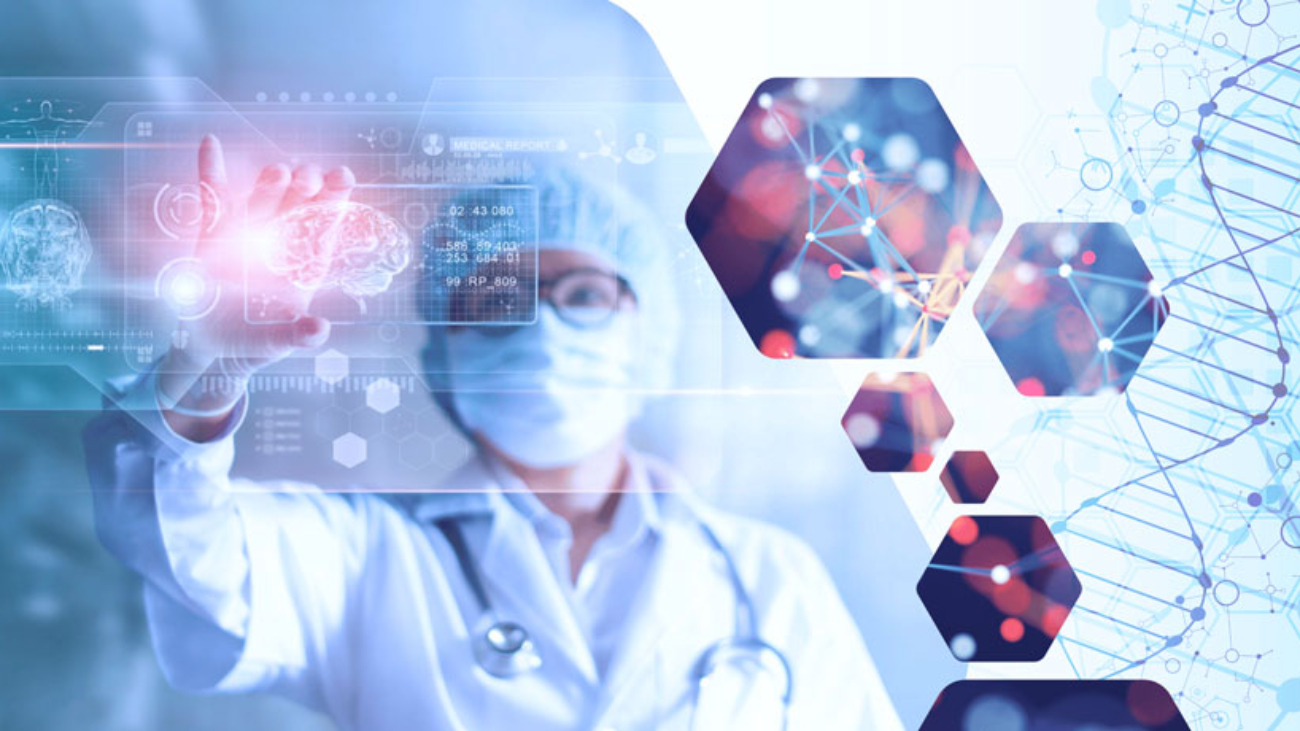Thanks to artificial intelligence (AI), the healthcare sector has undergone a revolutionary transformation, especially in the areas of medical diagnosis and research. AI technologies, such as machine learning algorithms and deep learning models, have shown immense potential in accelerating medical research, improving diagnostic accuracy, and enhancing patient care. This article aims to explore the numerous benefits of AI in medical research and diagnosis, highlighting how these technologies are transforming the landscape of healthcare delivery.
AI has significantly expedited the pace of medical research by analyzing vast amounts of data quickly and efficiently. Machine learning algorithms can sift through complex datasets, identify patterns, and generate insights that would be challenging for human researchers to uncover manually. This capability has enabled researchers to make breakthrough discoveries in areas such as genomics, drug development, and disease modeling.
In genomics, AI algorithms can analyze genetic sequences to identify potential disease-causing mutations, predict disease risk, and personalize treatment plans based on an individual’s genetic profile. By leveraging AI, researchers can accelerate the process of identifying novel drug targets, developing new therapies, and advancing precision medicine approaches.
Moreover, AI-powered simulations and modeling tools have revolutionized disease research by enabling scientists to simulate biological processes, test hypotheses, and predict outcomes with unprecedented accuracy. These virtual experiments can help researchers understand complex disease mechanisms, optimize treatment strategies, and design more effective clinical trials.
One of the most significant benefits of AI in healthcare is its ability to enhance diagnostic accuracy across a wide range of medical conditions. AI algorithms can analyze medical images, such as X-rays, MRIs, and CT scans, with remarkable precision, detecting subtle abnormalities and assisting radiologists in making more accurate diagnoses. This technology has proven particularly valuable in the early detection of diseases like cancer, cardiovascular disorders, and neurological conditions.
For example, AI-powered image analysis tools can detect early signs of breast cancer in mammograms, identify subtle changes in brain scans indicative of Alzheimer’s disease, and pinpoint abnormalities in cardiac imaging studies that may indicate heart disease. By assisting healthcare providers in interpreting medical images more accurately, AI can facilitate early intervention, improve patient outcomes, and reduce the likelihood of missed or incorrect diagnoses.
AI technologies have also transformed patient care by enabling personalized treatment plans, predicting disease progression, and optimizing healthcare delivery. By analyzing patient data, such as electronic health records, genetic information, and lifestyle factors, AI algorithms can tailor treatment regimens to individual patients’ needs, preferences, and risk profiles.
Furthermore, AI-powered predictive analytics can forecast disease trajectories, identify high-risk patients who may benefit from early interventions, and optimize resource allocation within healthcare systems. By leveraging AI-driven insights, healthcare providers can proactively manage chronic conditions, prevent complications, and improve patient outcomes while reducing healthcare costs.
In addition to diagnostic and treatment applications, AI has also revolutionized patient engagement and communication through virtual health assistants, chatbots, and telemedicine platforms. These digital tools can provide patients with personalized health information, medication reminders, appointment scheduling assistance, and remote consultations with healthcare providers. By enhancing patient access to care and promoting self-management of health conditions, AI technologies can empower patients to take control of their health and well-being.
Although AI brings numerous benefits to medical research and diagnosis, there are several challenges and considerations that healthcare organizations must address to maximize the potential of these technologies. Data privacy and security concerns, regulatory compliance requirements, ethical considerations surrounding AI use in healthcare decision-making, and the need for ongoing training and education for healthcare professionals are critical factors that must be carefully managed.
Furthermore, ensuring the transparency, interpretability, and accountability of AI algorithms is essential to building trust among patients, healthcare providers, and regulatory authorities. Healthcare organizations must prioritize explainable AI approaches that enable users to understand how AI systems arrive at their recommendations and decisions.
AI technologies have brought about a paradigm shift in medical research and diagnosis, offering unprecedented opportunities to accelerate scientific discovery, improve diagnostic accuracy, and enhance patient care. By harnessing the power of AI-driven insights, healthcare organizations can revolutionize healthcare delivery, optimize treatment outcomes, and ultimately improve the health and well-being of individuals worldwide. Embracing AI in medical research and diagnosis is not only a technological advancement but a transformative force that has the potential to shape the future of healthcare for generations to come


Add a Comment